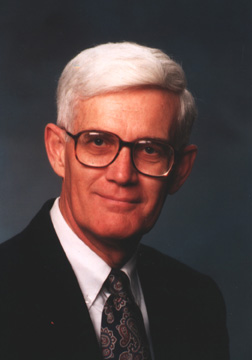 David Potts |
An Emeritus Professor of History at the University of Puget Sound, Potts will deliver the keynote address for the first in a series of colloquies co-sponsored by the Center of Inquiry in the Liberal Arts at Wabash College and The Phi Beta Kappa Society this semester. The four colloquies will address topics of interest to those in the field of liberal arts education.
At the first colloquy, to be held January 30 through February 1, participants will discuss the essential content of the liberal arts.
During the second colloquy, Feb. 6-8, they will question whether liberal arts education is essentially Western. On March 20-23, participants will examine the relationship between liberal arts and religion. For the final colloquy, March 27-30, they will investigate the role of science in the liberal arts.
Each session of the Colloquy on Liberal Arts will kick off with a public keynote address. We invite you to join us for the talks. Each keynote speech will be held at 8 p.m. on the first day of the colloquy session in Baxter Hall's Lovell Lecture Room. An open reception will follow each lecture in the Rogge Lounge.
Potts contributed the following abstract for his upcoming presentation. "Can we move beyond the "culture wars" in determining the content of a liberal arts curriculum? Can the inevitable contests for allocating limited time, space, and resources in undergraduate programs be decided according to accepted intellectual criteria? Might a key criterion reside in the relationship between content and process?
This talk will explore the origins and import of a standard supplied by America's seminal statement on the ends and means of liberal arts education. Playing a pivotal role in the young nation's first major debate on collegiate curriculum, Yale's Reports of 1828 articulated an enduring definition of the liberal arts college."